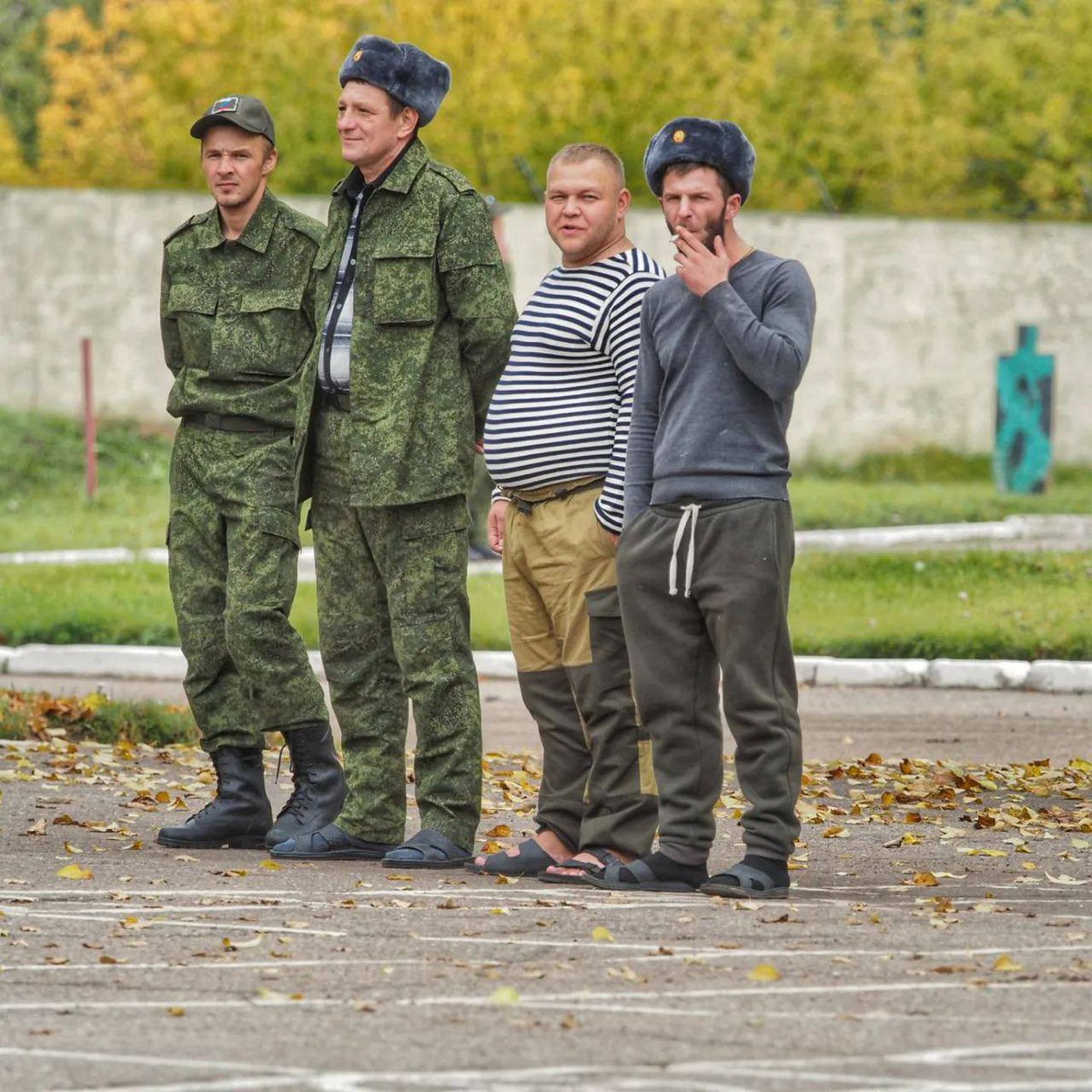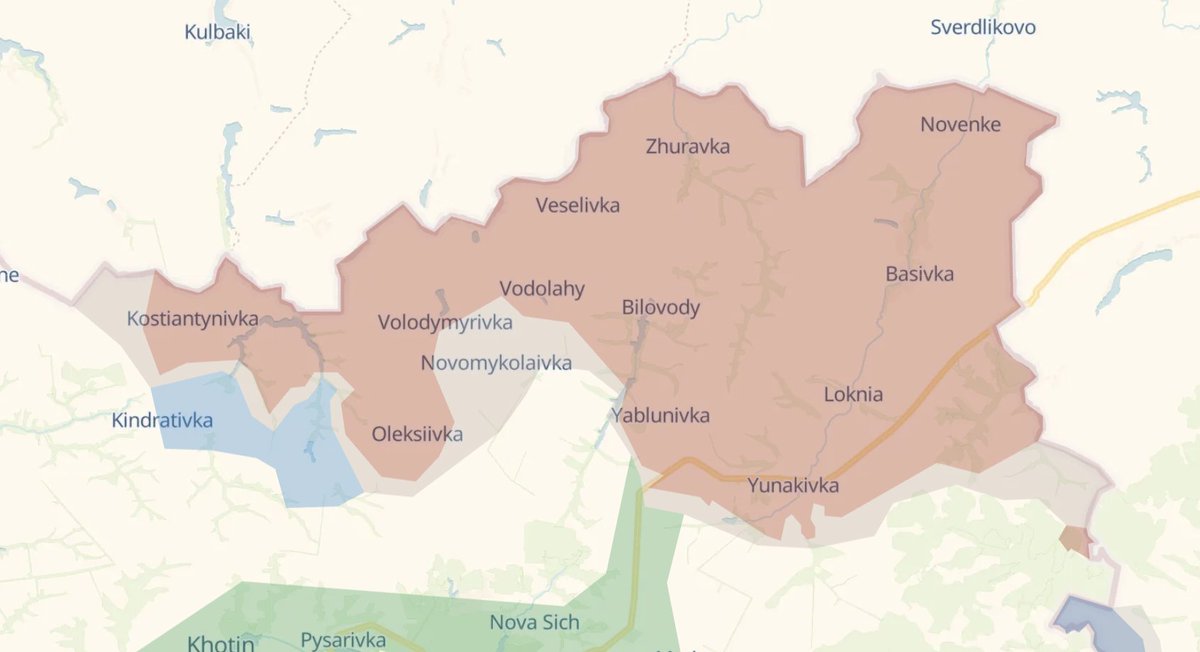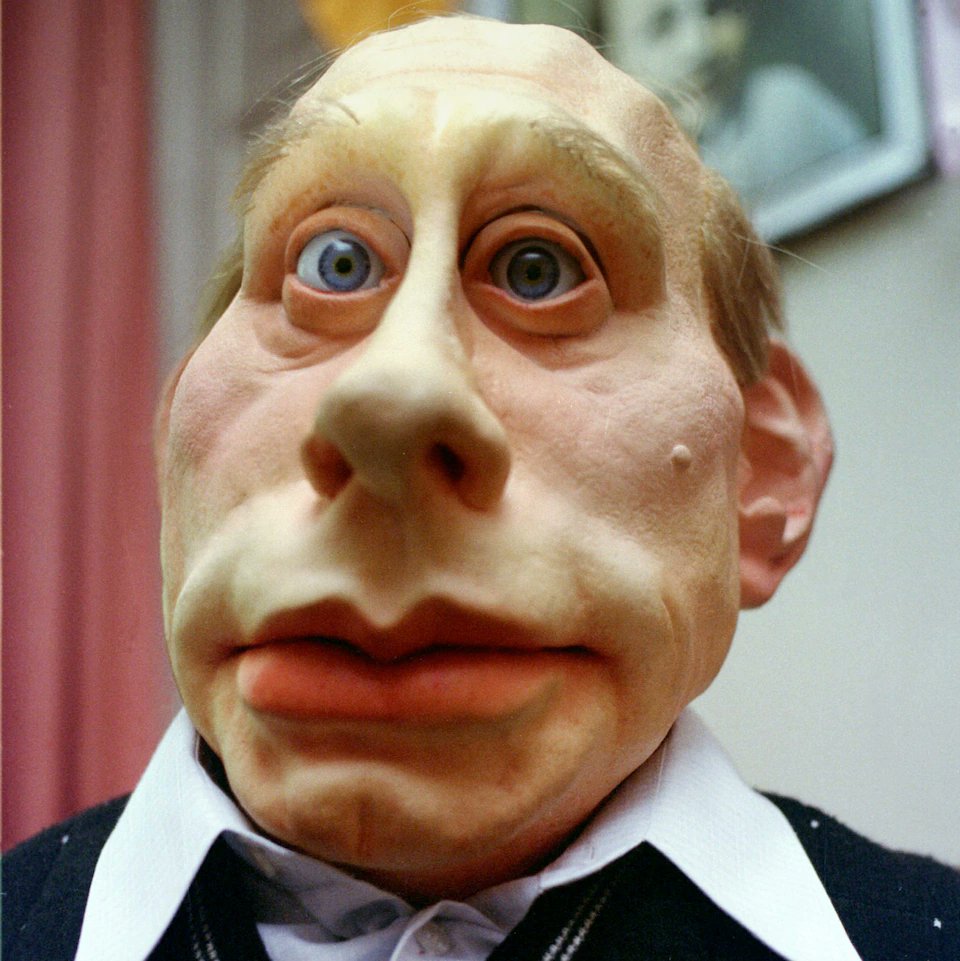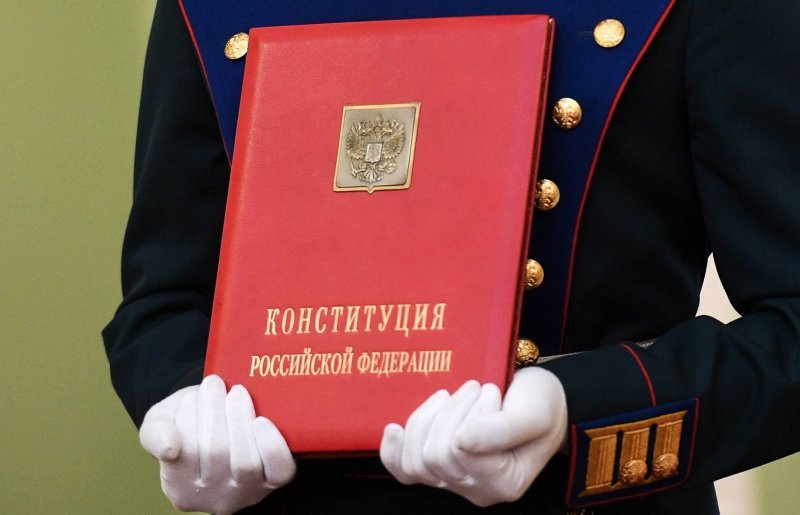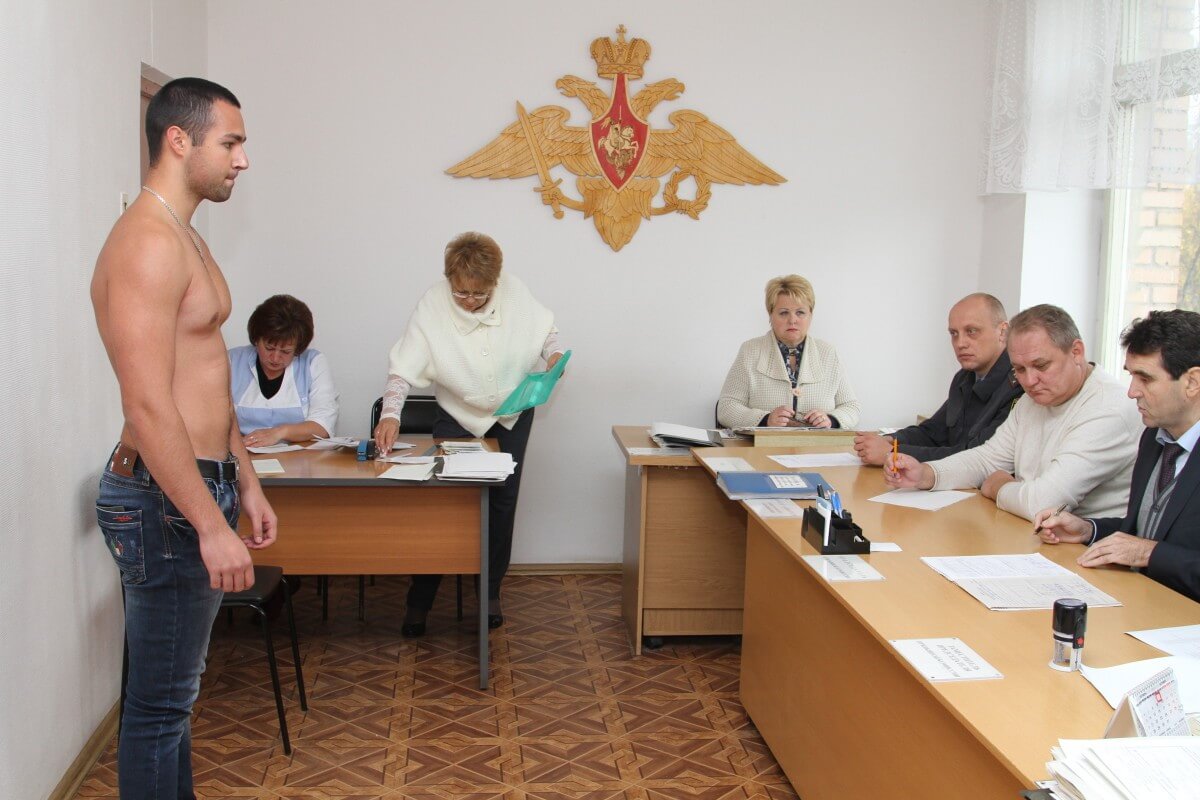1/ MEMOIRS OF A MOBIK, PART 4: Mobilised Russian soldier 'Ukol' continues his recollections of working as a medical orderly on the front line. In this final part, he describes how he participated in the torture and execution of Ukrainian POWs before having a mental breakdown. ⬇️ 
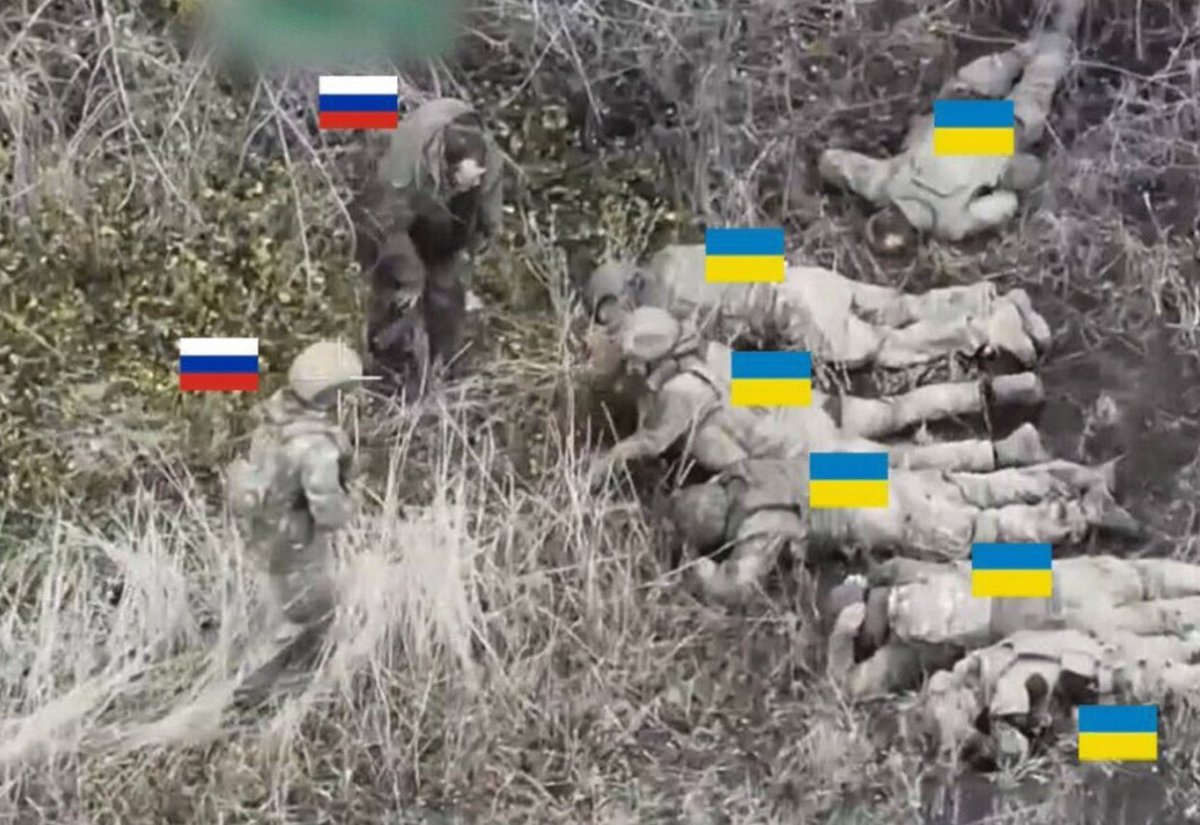
2/ Part 1, covering his initial mobilisation and transportation to Ukraine, is here:
https://x.com/ChrisO_wiki/status/1966409619175092479
3/ Part 2, in which he describes his experience of surviving repeated 'meat assaults' against Ukrainian positions, is here:
https://x.com/ChrisO_wiki/status/1966583301902131421
4/ Part 3, covering his work as a combat medic and his experiences of Ukrainian bombardment, is here:
https://x.com/ChrisO_wiki/status/1966943930853011779
5/ Ukol says that his unit only took a few Ukrainian prisoners during its months of fighting over a village he calls "the Necropolis", as they routinely killed them instead. On one occasion he was called on to use his medical skills to keep one prisoner alive under torture.
6/ "There is a reason for this. The Kraken (a banned terrorist Nazi armed group under the wing of the GUR [Defence Intelligence of Ukraine], note) was fighting against us.
7/ "Once, as a medic, I was called in to interrogate one such prisoner. It was necessary to monitor his condition so that he would not go to another world during the interrogation, because at first he was a hero and refused to talk.
8/ "But a little later he softened up and shared some things. For example, that despite his emaciated appearance and trench beard, he was 21 years old. And, according to him, most of them were like that. Ideological, young and daring.
9/ "It was hard to fight them, they really enjoyed fighting and killing. Sick bastards.
– (Interviewer) Our brothers from Serbia, one of the special forces, had an emblem with the slogan "Terrorism is a disease, call a doctor."
– (Interviewer) Our brothers from Serbia, one of the special forces, had an emblem with the slogan "Terrorism is a disease, call a doctor."
10/ "- (Ukol) Well, so we acted like doctors. We didn't want to talk to those goats who were captured at all. They didn't spare us, and we didn't spare them either.
Once, by mistake, they captured a girl of about 20-22 years old. I think it was in the Necropolis itself.
Once, by mistake, they captured a girl of about 20-22 years old. I think it was in the Necropolis itself.
11/ "Well, a close-range fight, you understand. She got separated from her comrades. Maybe things would have turned out differently in her attitude if she had been an ordinary Ukrainian soldier. But she ended up with a Kraken chevron, which she was excessively proud of.
12/ "Our stormtroopers were not in the mood for long walks to the rear. Well, you get the idea."
(Russian executions of Ukrainian POWs have been reported on many occasions; it appears to be a consistent policy.)
(Russian executions of Ukrainian POWs have been reported on many occasions; it appears to be a consistent policy.)
https://x.com/sumlenny/status/1777660640917680279
13/ Although he was a medic, Ukol says he frequently participated in attacks on the Ukrainians.
"After all, as a medic, you are called from position to position. And you can hang around there for a long time because of shelling or because of an order.
"After all, as a medic, you are called from position to position. And you can hang around there for a long time because of shelling or because of an order.
14/ "In such cases, you become a fighter. Because at some positions we sat five people at a time. And the medic who came is an additional rifle, and ammunition.
15/ "At one such position at the end of 2023, I was trusted to fire from a Shmel flamethrower [thermobaric rocket launcher] at the forest belt opposite, where the Ukies were sitting. Specifically, at the dugout in which they were hiding.
16/ "I was completely lucky – I hit from no less than a couple of hundred metres. I saw how the dugout was scattered, including by internal detonation.
17/ "After a while, the drone operator praised us on the radio - there were traces of several Ukie soldiers inside the ruins of the dugout.
18/ "In other cases, I have no reliable results about my shooting. Although we were in the Necropolis in the winter of 2022-2023 at grenade throwing range with the enemy."
19/ Ukol's service in the front line came to an end in the spring of 2024, when he transferred to a rear echelon position. By this time, he says, the members of his brigade "were transferred entirely to contract service."
20/ "The mobilised were spent, the survivors were transferred to other parts of our unit. I was thrown into the mobilised regiment XXXX. There I worked in my specialty until the end of spring."
21/ Ukol suffered a psychological breakdown under the constant stress:
"It all ended with me "catching a psycho." They pulled out a wounded man for me, of moderate severity."
"It all ended with me "catching a psycho." They pulled out a wounded man for me, of moderate severity."
22/ "I treated his wound, but obsessively looked for hidden injuries, continued and continued to examine him, crawling on my knees and muttering under my breath. That's what they told me later.
23/ "I was removed from the combat unit, given a rest period in the regiment's medical battalion, injected with sedatives and vitamins.
After that, I transferred to rear work."
After that, I transferred to rear work."
24/ Ukol says that serving at the rear has given him a different perspective on the war:
"It hasn't become easier for me in the rear. It is a mistaken opinion of civilians that in the rear there is relaxation and a free ride. No!"
"It hasn't become easier for me in the rear. It is a mistaken opinion of civilians that in the rear there is relaxation and a free ride. No!"
25/ "No, when you work in the rear, you see how reinforcements are trained, how the front and rear are supplied, and you also watch how decision makers THINK. And that's when you understand why there is such a meat grinder on the front.
26/ "In the rear, you understand more deeply how war really works. And rear work is no less tiring with its monotony and its madness – an attempt to keep up with the standards of service in civilian life as in the deployment point,…
27/ …because of endless checks, because of the increasingly sophisticated nitpicking of the military police and the State Automobile Inspectorate on the roads.
27/ "I live with the thought that the ongoing negotiations will lead to the end of the conflict and our demobilisation. I'll hold out for another six months. Then... Then I don't know what to do. I'm so tired of everything, I want a reasonable, peaceful life so much." /end
Sources:
🔹 t.me/vault8pro/52896
🔹 t.me/vault8pro/52897
🔹 t.me/vault8pro/52898
🔹 t.me/vault8pro/52899
🔹 t.me/vault8pro/52900
🔹 t.me/vault8pro/52901
🔹 t.me/vault8pro/52902
🔹 t.me/vault8pro/52903
🔹 t.me/vault8pro/52896
🔹 t.me/vault8pro/52897
🔹 t.me/vault8pro/52898
🔹 t.me/vault8pro/52899
🔹 t.me/vault8pro/52900
🔹 t.me/vault8pro/52901
🔹 t.me/vault8pro/52902
🔹 t.me/vault8pro/52903
• • •
Missing some Tweet in this thread? You can try to
force a refresh


